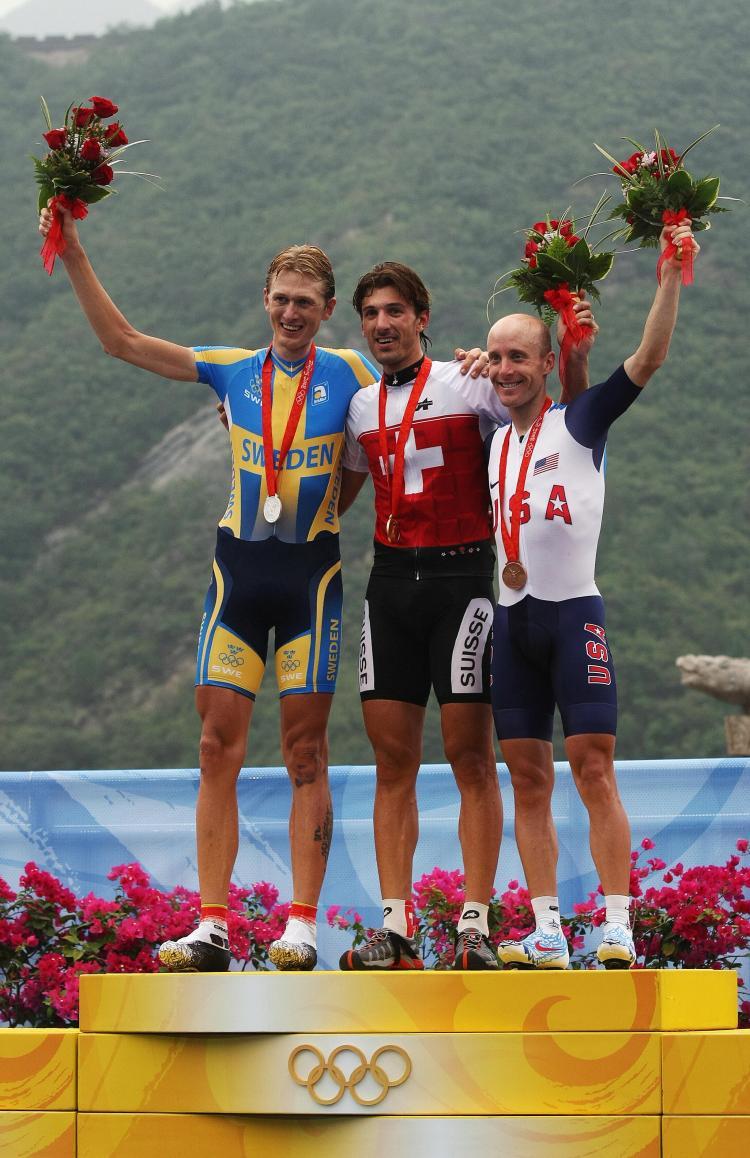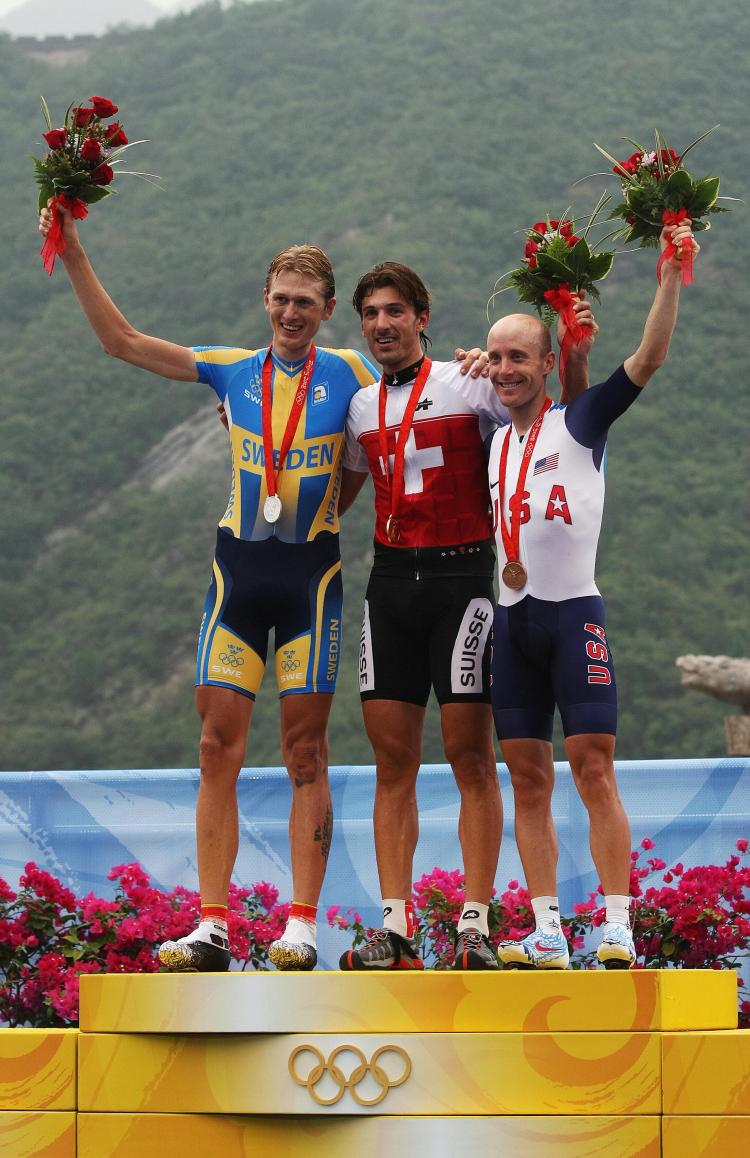Using data gathered at the 2004 Olympic and Paralympic Games, University of British Columbia psychology researcher Jessica Tracy investigated how pride and shame are expressed across cultures and among the congenitally blind.
Tracy compared the non-verbal expressions and body language of sighted, blind, and congenitally blind judo competitors representing 30 countries, including Algeria, Taiwan, Ukraine and the United States.
According to Tracy, pride has received little research attention in the past, unlike fear, anger and joy which are categorized as primary emotions. Pride “shapes human social dynamics,” she said in a news release.
“Since congenitally blind individuals could not have learned pride and shame behaviors from watching others, these displays of victory or defeat are likely to be an innate biological propensity in humans rather than learned behaviour.”
Along with co-author Psychology Professor David Matsumoto of San Francisco State University, Tracy analyzed photos taken by an International Judo Federation photographer who was not told about the specific research goals.
The photographer shot the athletes repeatedly during and immediately after each match for about 15 seconds, producing a series of moment-by moment images of the athletes’ behavioural responses.
After coding the athletes’ head, arms and body positions, Tracy and Matsumoto found that winning athletes tended to raise their arms, tilt their head up and puff out their chest while expressions of defeat were manifested in slumped shoulders and a narrowed chest.
The study found that, to some extent, the shame response was less pronounced among sighted athletes from the “highly individualistic, self-expression-valuing” North America and West Eurasian cultures.
However, congenitally blind athletes across cultures showed the shame response, leading the researchers to conclude that the cultural difference found among sighted athletes was due to the tendency in Western cultures to hide one’s shame.







